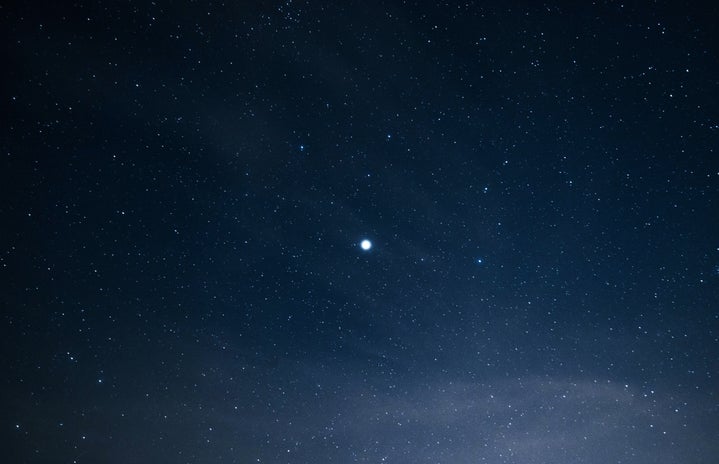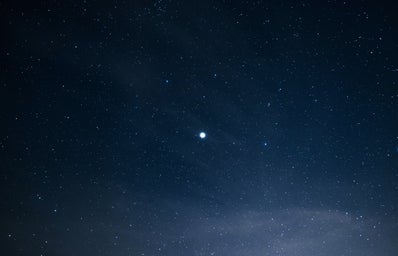In preparation for writing this article, I opened up my daily horoscope on Co-Star, the hyper-personalized astrology app that has inspired a cult following in America. You might want to sit down for a moment, because my horoscope held some truly supernatural and even haunting truth in its statement: “You know yourself to be an emotional person.”
*Pause for readers to regain bearings*
When I read this, my heart skipped a beat. Me… an emotional person? Please, I haven’t cried since I was nine.
Jokes aside, I did find myself shocked at this statement, not because of its instilled truth, but because of its blatant generality. It’s pretty fair to say that every human being experiences emotion to some degree. Sure, we might experience emotions differently from one another, but all humans certainly experience emotions. So how can I find anything special from Co-Star’s “hyper-personalized” horoscopes if my horoscope is so generic?
Not everyone feels this way. Astrology has wormed its way into the minds of many-a-young adult in the modern-day. A 2014 study has shown that 50% of 18 to 24-year-olds believe astrology to be a science. Even more confusing is the word’s eerie similarity to astronomy, an actual science based on the study of space. Don’t get me wrong, the fact that I own the app Co-Star certainly means that I indulge in reading about my astrological sun sign from time to time, but I certainly don’t take my horoscopes to be anything more than computer-generated statements.
How then, has astrology transitioned from the 2,400-year-old Babylonian tradition into the “science” that many see it as today?
To that point, astrology is not a science. Commonly regarded by scientific communities as a pseudoscience, astrology remains a cultural phenomena that is based on hypothesis but with no consistent body of supporting evidence. Yet, there are many reasons people might want to believe its validity anyway. When I look at my horoscope, I often am searching for some form of wellness guidance. If my friend has a bad breakup, I know they will resort to their horoscope to make sense of the tough time, or in other words, search for a new way to achieve well-being. It’s even harder to separate spiritual pseudoscience from scientific fact when astrology accounts dominate social media, printed horoscopes appear in most newspapers, and exchanging sun signs with peers is nearly as common as exchanging names.
The latter occurrence is the one that I find the most trouble with. When I first met my current roommates, we sat down in our cramped apartment for a serious chat. The conversation went as follows:
“Lola, we were talking, and we think that you have got to be a Virgo!”
“I’m actually a Leo, what makes you think that?”
“You just seem so calm and down-to-earth, just like all the Virgos we know.”
Walking out of this conversation, I found myself amused at how my astrological sign had somehow become the purest description of my personality. Of course, I was born under the Leo sign, so how was it that I was being confused for having the classic Virgo personality? The answer: astrology relies on pseudoscientific generalities.
The most important thing to clarify is when this belief in astrology becomes a problem. I have many close friends who believe in astrology, not just as a science but as a special source of their private spirituality. I find no issue in the following astrology under these terms or as a form of entertainment; as I said, I indulge in my fair share of astrology-related media from time to time. Yet, when I start to find myself feeling the label of “Leo” taking over my entire personality, I know that things have gone too far. This all-encompassing labeling has promoted mindsets in my friends that prompt them to favor some people’s astrological signs over others, which is a bit questionable as astrology’s foundation is pseudoscience.
Oh, astrology, I might never fully quit you. Maybe my horoscope tomorrow will tell me that I am a kind, charismatic person, and really, who doesn’t want to hear that? All I’m saying is that astrology must be taken critically, for although it is nice to indulge in, the dangers of following baseless facts can only lead to larger problems.
By the way, if you got to the end of this article, you must be an Aquarius.


